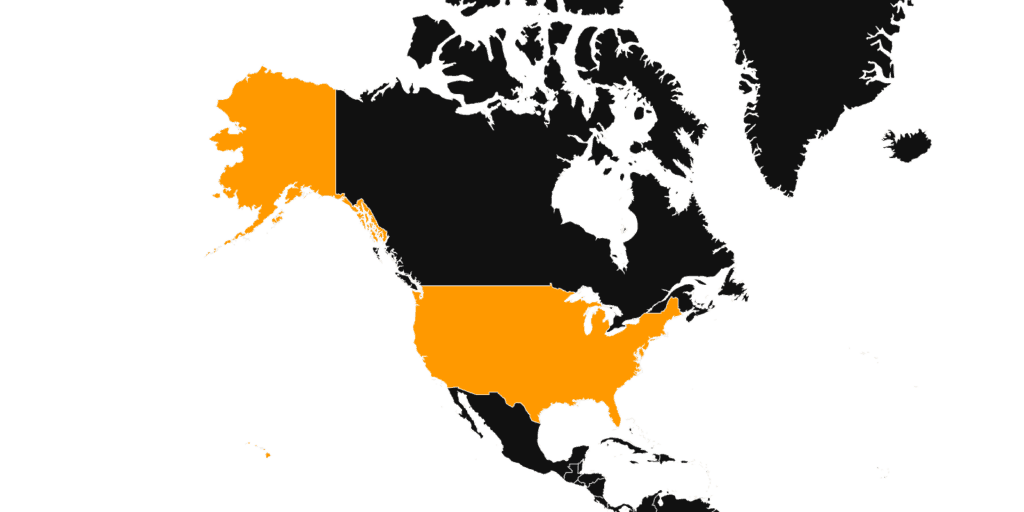
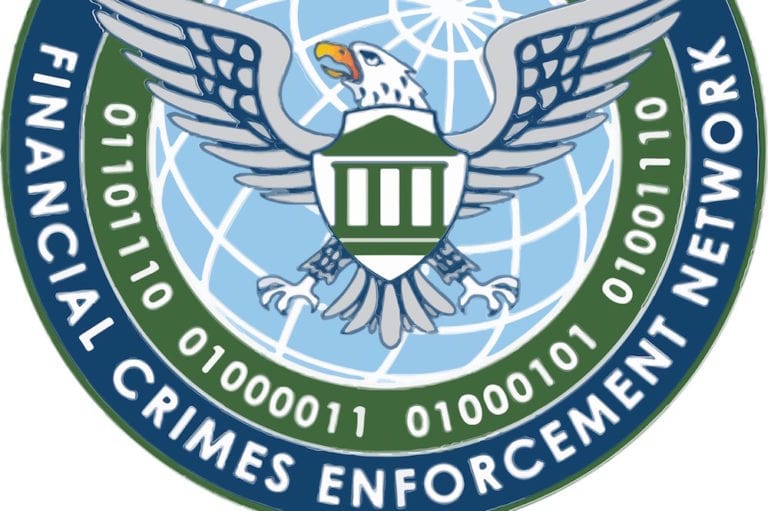
EFF to FinCEN: Stop pushing for more financial surveillance
EFF submitted comments to the Department of the Treasury’s Financial Crimes Enforcement Network (FinCEN) opposing the agency’s proposal for new regulations of cryptocurrency transactions.

Oakland Privacy and the people of Vallejo prevail in the fight for surveillance accountability
In December, Solano Superior Court Judge Bradley Nelson upheld the gift of surveillance accountability that the California State legislature had provided state residents when they passed 2015’s Senate Bill 741 (Cal. Govt. Code § 53166).
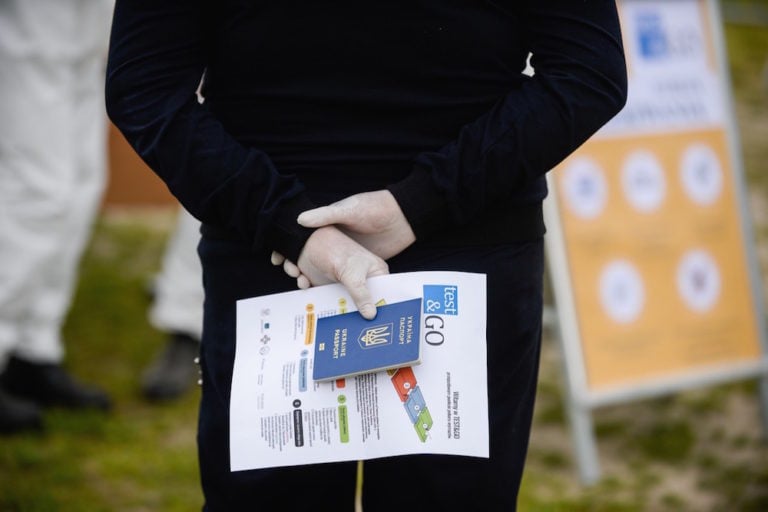
COVID-19 and surveillance tech: Year in review 2020
Location tracking apps. Spyware to enforce quarantine. Immunity passports. Throughout 2020, governments around the world deployed invasive surveillance technologies to contain the COVID-19 outbreak.

UK judge denies Julian Assange bail after she rejects US extradition request
The judge ruled against Assange’s release, stating that he had an “incentive to abscond,” and “as a matter of fairness” she needed to give the US government the chance to pursue an appeal, which it has indicated it intends to do.
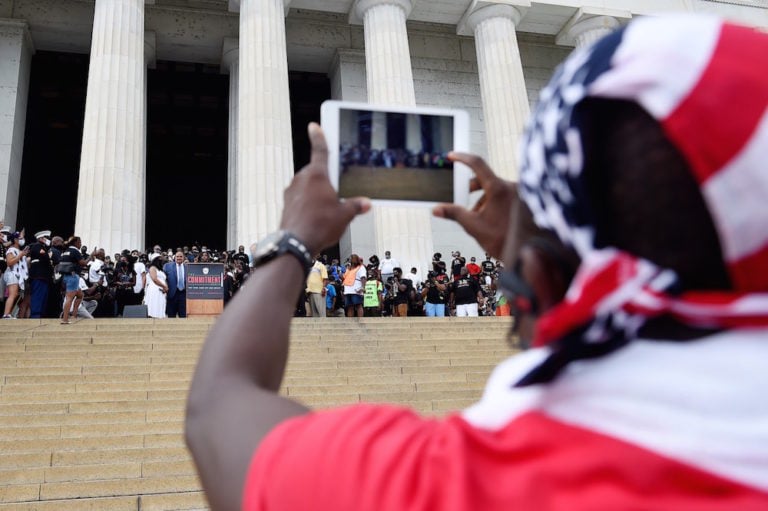
On Section 230, one of the most important laws protecting free speech online
Even though it’s only 26 words long, Section 230 doesn’t say what many think it does. EFF explains what, exactly, people are getting wrong about the primary law that defends the Internet.

“Future of journalism” at stake as extradition decision looms in Assange case
Extradition proceedings against Wikileaks publisher Julian Assange are set to conclude on 4 January, when a decision is expected. RSF again condemns the targeting of Assange for his contributions to journalism and calls for his immediate release.

On leaving Trump behind and free speech among the young: Interview with PEN CEO Suzanne Nossel
Nossel covers a number of topics, including the larger ramifications of the news media’s coverage of President Trump and the importance for the media to stop using this coverage as a bait for ratings.

Vaccine passports: A stamp of inequity
“We must make sure that, in our scramble to reopen the economy, we do not overlook inequity of access to the vaccine; … and the potential that today’s vaccine passport will act as a catalyst toward tomorrow’s system of national digital identification that can be used to systematically collect and store our personal information.”

Journalism and COVID-19: The toll of the pandemic
What is the toll of the coronavirus on journalism in the United States? While we will never know the full impact, this project – which examines the first 10 months of the pandemic from March to December 2020 – is a
start.

Rights organizations call on Biden administration to shift US policy toward Bahrain
In a joint letter to President Elect Joseph Biden, organizations raise their concerns about the deteriorating political situation in Bahrain and urge him to ensure that democracy and human rights are returned to the center of American foreign policy.

US immigration agency subpoenas “BuzzFeed News”, seeking information on source
“Subpoenaing a news organization to turn over its source material sets a dangerous legal precedent and undermines sources’ trust in the media,” said CPJ.

Law enforcement purchasing commercially-available geolocation data is unconstitutional
Many of the smartphone apps people use every day are collecting data on their users and, in order to make money, many of these apps sell that information. One of the customers for this data is the U.S. government, which regularly purchases commercially available geolocation data.

Barack Obama and the freedom to write
President Barack Obama sat down for an interview with former PEN America president and Pulitzer Prize-winning author and historian Ron Chernow. The following is a lightly edited transcript of their conversation.

Palestinian free speech and human rights work threatened by deliberate anti-semitic labeling
The Cairo Institute for Human Rights Studies says recent efforts by the US State Department to label the global boycott, divestment, and sanctions (BDS) movement as anti-semitic threatens to silence the work of Palestinian human rights defenders and organizations that monitor, document, and criticize Israel’s systematic human rights violations.
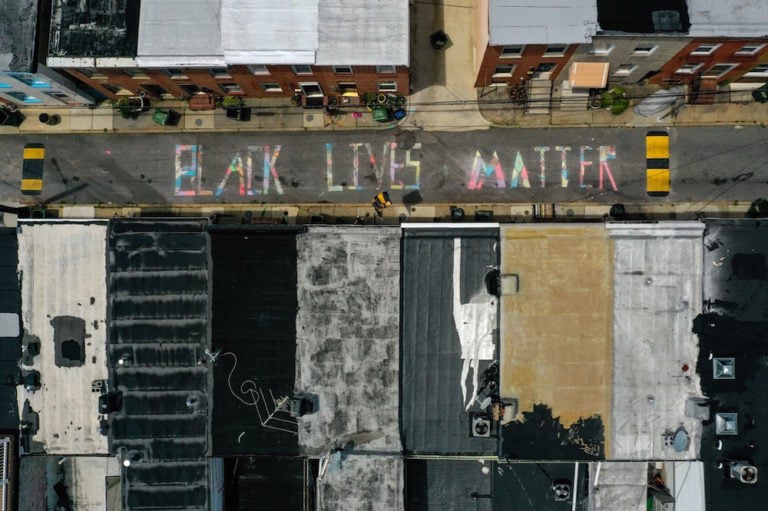
EFF urges Federal Appeals Court to rehear case involving unconstitutional Baltimore aerial surveillance program
EFF urged the full U.S. Court of Appeals for the Fourth Circuit to reconsider a split three-judge panel’s ruling that the Baltimore Police Department’s aerial surveillance of the city’s more than half a million residents is constitutional.

Visa wants to buy Plaid, and with it, transaction data for millions of people
Visa, the credit card network, is trying to buy financial technology company Plaid for $5.3 billion. The merger is bad for a number of reasons.